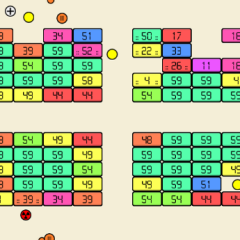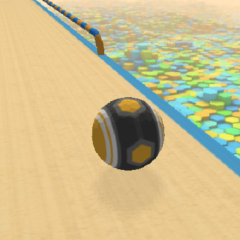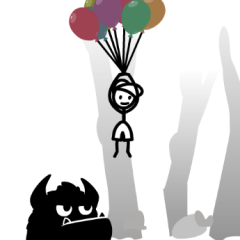Chess
Chess is a game of structured complexity, where each move carries long-term consequences. Played on an 8×8 board, two opponents control an army of pieces with distinct movement rules. The objective is to trap the opponent’s king in a checkmate, where no legal move can prevent its capture. Unlike many strategy games that rely on quick reflexes, chess demands deep thinking, pattern recognition, and adaptability. The balance between aggression and defense shifts constantly, forcing players to rethink their approach with every move.
Chess is a game of structured complexity, where each move carries long-term consequences. Played on an 8×8 board, two opponents control an army of pieces with distinct movement rules. The objective is to trap the opponent’s king in a checkmate, where no legal move can prevent its capture. Unlike many strategy games that rely on quick reflexes, chess demands deep thinking, pattern recognition, and adaptability. The balance between aggression and defense shifts constantly, forcing players to rethink their approach with every move.
Evolving Strategies from Opening to Endgame
Every chess game progresses through three key stages, each requiring a different mindset. The opening focuses on establishing control, where players aim to dominate the board’s center while setting up their pieces for future tactics. As the game transitions into the middle phase, calculated risks become essential, with sacrifices and exchanges shaping the battlefield. The endgame strips away complexity, turning into a test of precision, where a single pawn or a well-placed king maneuver can decide the outcome. Mastering each phase means understanding when to attack, when to wait, and when to shift focus entirely.
Why Chess Continues to Challenge Players
Chess remains relevant because no two matches unfold in exactly the same way. With countless possible positions and strategies, even experienced players continue to discover new ideas. The game blends logic with intuition, demanding both strict calculation and creative problem-solving. Unlike static puzzles, chess pits two minds against each other, making adaptability just as important as skill. Whether played casually or at a competitive level, it offers an intellectual challenge that evolves with every move, ensuring that every match presents a fresh test of strategy and foresight.
















Comments